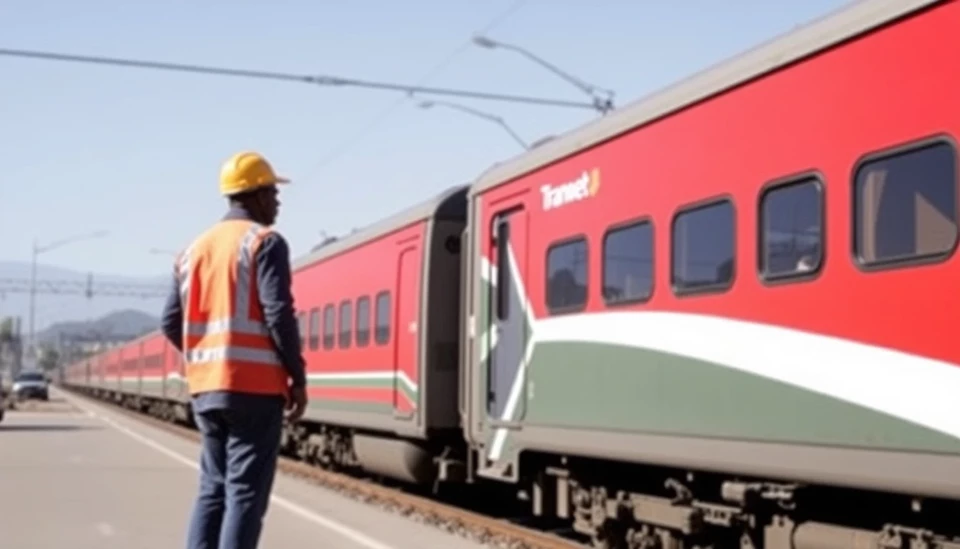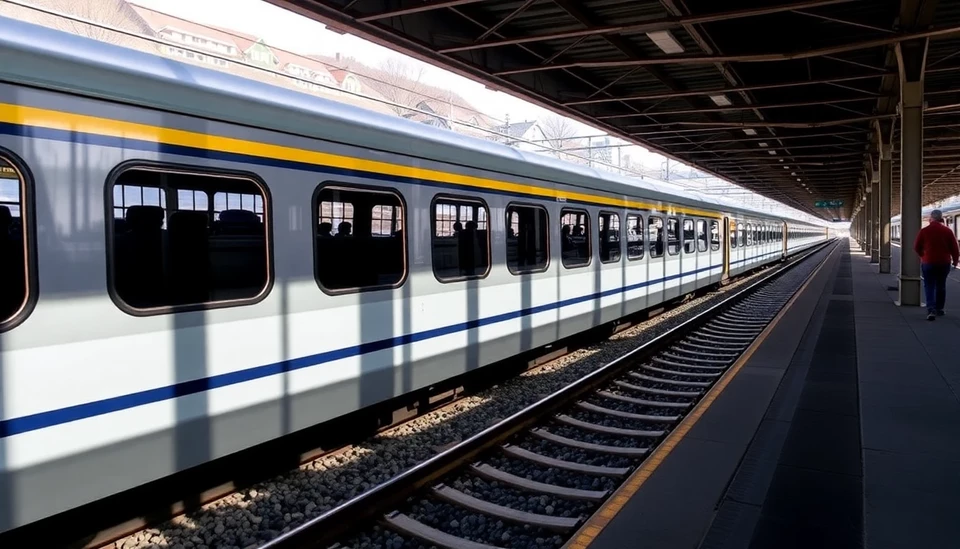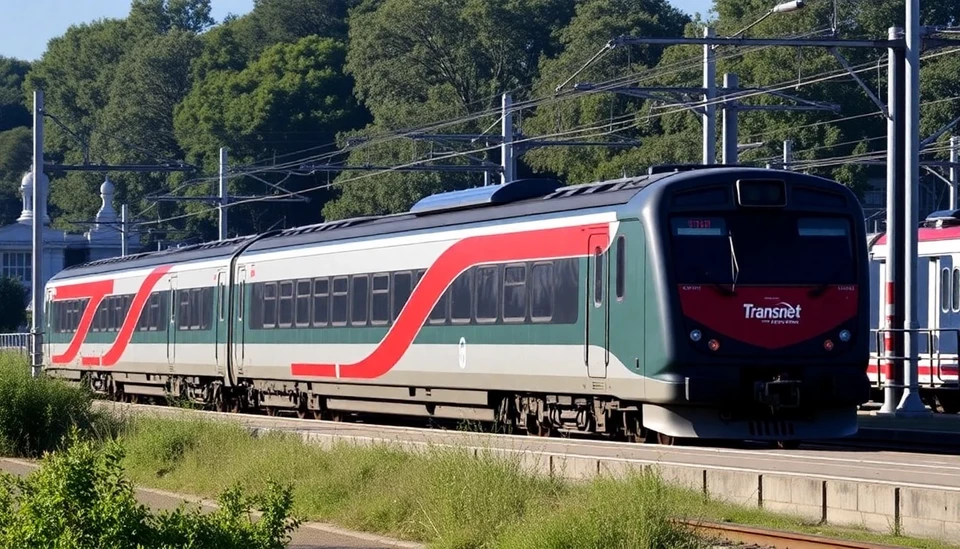
In a crucial development that could have major implications for South Africa's transportation and logistics sector, negotiations between Transnet, the state-owned freight rail and logistics company, and its largest labor union, the South African Transport and Allied Workers Union (SATAWU), have broken down without reaching an agreement. This impasse arises amid broader economic challenges exacerbated by nationwide strikes and heightened living costs.
The failed talks, which took place over several tense negotiating sessions, were primarily focused on salary increases for employees, an issue that has become a critical point of contention as many workers grapple with rising inflation and cost of living. Transnet had reportedly offered wage increases that union leaders deemed insufficient, leading to a deepening rift between the company and its workforce.
SATAWU has expressed disappointment over the negotiations, emphasizing that the offered increase does not align with the current economic realities facing their members. The union is advocating for salary adjustments that adequately reflect both the increasing cost of living in South Africa and the significant contributions of the workers to the company’s operations. The union contends that without substantial increases, many employees will struggle to meet their basic needs.
The breakdown of these negotiations is particularly concerning as South Africa continues to navigate through a fragile economic recovery. The logistics and transport sectors are vital for facilitating trade and growth within the country, and disruptions in these industries could have far-reaching effects. There are fears that the failure to reach an agreement may lead to labor strikes, which could further impact supply chains already under strain from previous disruptions.
South African transport infrastructure has faced several challenges in recent years, including maintenance backlogs and inefficiencies, making the relationship between Transnet and its unionized workforce even more critical. With SATAWU threatening action if a favorable resolution is not reached, the situation could escalate into strikes that might cripple key transport services across the nation.
Observers are watching closely, as the outcome of these negotiations may set a precedent for other unions and companies across various sectors in South Africa. The economic impact of potential strikes could worsen the already challenging fiscal environment, heightening tensions in a society grappling with unemployment and economic disparity.
As this situation evolves, both Transnet and SATAWU will need to find common ground to avoid disruption within the sector. Stakeholders, including industry leaders and government officials, may need to intervene to facilitate dialogue and achieve a resolution that satisfies both parties while preventing negative repercussions for the broader economy.
With the stakes high for all involved, the next steps in these negotiations will be pivotal for Transnet, its workers, and the South African economy at large.
#Transnet #SATAWU #SouthAfrica #LaborNegotiations #WageTalks #EconomicImpact #LogisticsIndustry
Author: Daniel Foster


